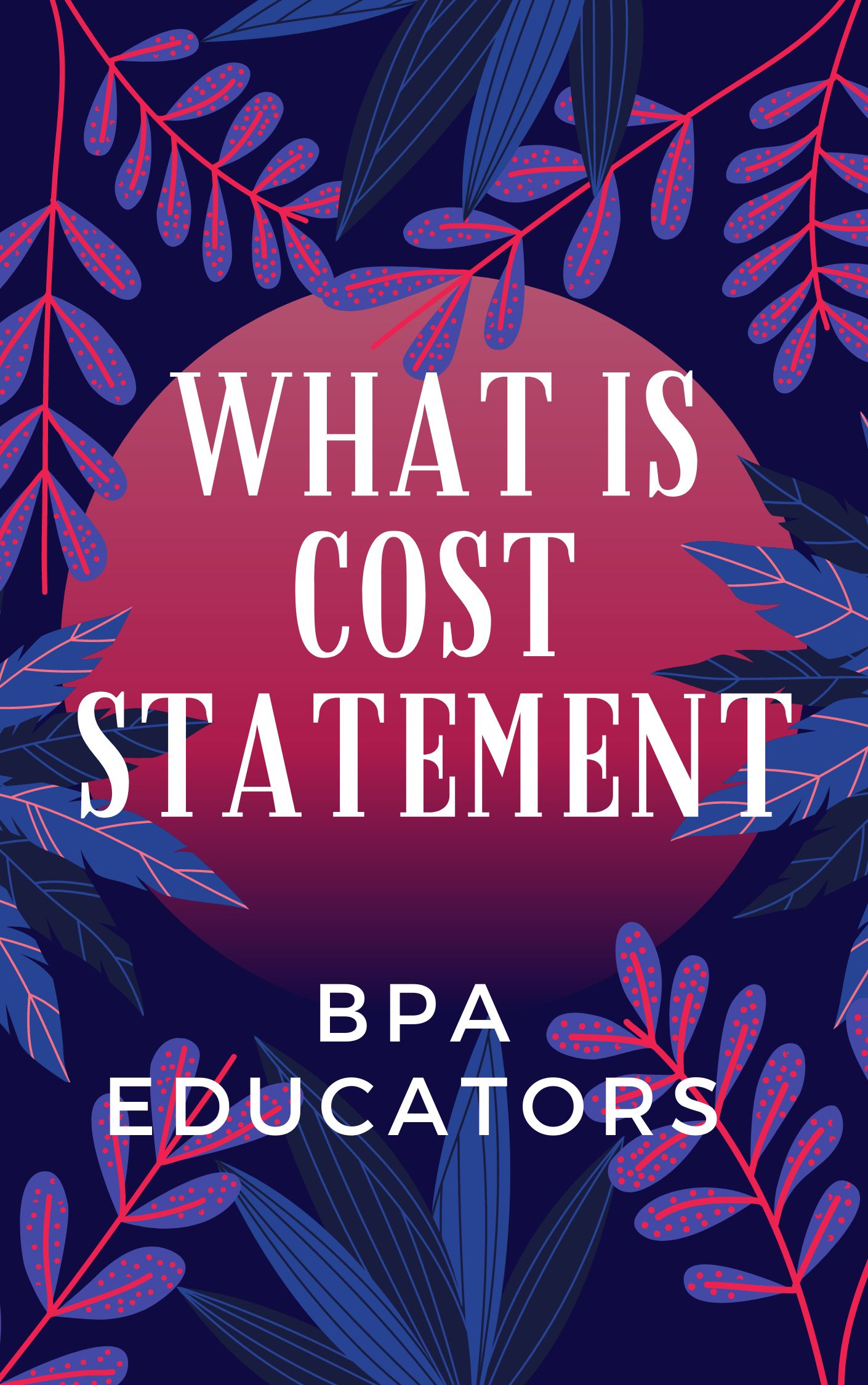Certified Management Accountant (CMA)
Going for the CMA certification is a great career move, especially when you aspire to make it big in the field of management accounting. But before getting into it, it is important that you know every detail about the course, eligibility, exam structure, salaries, and the opportunities it will offer. You also need not go anywhere else to find all this information, just sit back and continue reading. At the end, I am sure that by the end you will have answers to all your questions related to the CMA certification.
CMA is a professional certification credential in the management accounting and financial management fields. Moreover, the certification signifies that the person possesses knowledge in the areas of financial planning, analysis, control, decision support, and professional ethics. Further, the CMA is a U.S.-based, globally recognized certification offered by the Institute of Management Accountants.
CMA as a Career
CMA-certified professionals also work inside organizations of all sizes, industries, and types, including manufacturing and services, public and private enterprises, not-for-profit organizations, academic institutions, Government entities (USA), and multinational corporations worldwide. CMA has a better Career in Management Accounting Globally than Cost Accountants of SAARC Countries.
To date, there are more than 40,000 active CMAs with more than 80,000 candidates in the current pipeline.[2] In order to obtain certification, candidates must pass a rigorous exam, meet an educational requirement, or experience requirement, and demonstrate a commitment to continuous learning through continuing professional education (CPE).
Eligibility
- 12th Pass can appear for the Foundation examination
- The graduate can appear directly for Intermediate(Group 1)
Career Options for CMA Professional
- Finance Manager
- Financial Analyst
- Financial Risk Manager
- Financial Controller
- Cost Accountant
- Chief Financial Officer
- Cost Manager
- Relationship Manager
- Independent Practice
CMAs make more than non-CMAs, so becoming a?CMA?gives you the opportunity to increase your earning potential. On a global scale,?CMA-certified accountants have an average salary that is 62% higher than that of non-certified accountants, which equates to about $31,000 more a year.
CMAs managing their own businesses have found themselves as a Manager and as an Accountant also who can control and thereby flourish their businesses. Finally, there is no doubt that a Cost Accountant can attain the highest ladder of a professional career.
There is a certainly sustained demand for qualified, trained, and experienced cost accountants in India and abroad in different industries and Government Departments. Many members of the Institute are also engaged in providing professional and cost consultancy services and in teaching cost and management accountancy in Universities and Colleges.
Cost accountancy edges over financial accounting. Cost accounting promotes study and adoption of scientific methods to secure maximum efficiency in industrial, commercial and other spheres, as compared to financial accounting. Financial accounting mainly draws conclusions on the basis of post facto data long after the operations are put through and expenditure were incurred enabling scorekeeping or at best statistical analysis.
Therefore, role of cost accountants go beyond a financial accountant and they help the management in regulating production operations and processes of production.
The members of the Institute are the driving force in the team of management while in employment, and as Cost Auditors, Internal Auditors, Auditors in case of VAT, Excise, SEBI, NSDL and under other statutes/ Regulatory requirements, Advisors and Consultants in practice.
CMA as a Career
BPA Educators offers CMA as a career which is a Cost Management Accountant is for students who want to pursue their careers in cost and management accounting. Cost management is the process of planning and controlling the budget of a business. Cost management is a form of management accounting that allows a business to predict impending expenditures to help reduce the chance of going over budget.
Many businesses employ cost management plans for specific projects, as well as for the over-all business model. When applying it to a project, expected costs are calculated while the project is still in the planning period and is approved beforehand. During the project, all expenses are recorded and monitored to make sure they stay in line with the cost management plan. After the project is finished, the predicted costs and actual costs can be compared and analyzed, helping future cost management predictions and budgets. This will help you TO get each and every aspect of CMA, We?ll help you to clear your papers with distinction.
You will also receive
- Guidance for the Admission Process
- Tips and Tricks to Get a Distinction
- Fortnight test and Sample Papers Practice
- Command over the subject with a Practical Aspect
- Best results in Tests and Exams
- Study Notes of Every Subject
- Completion of syllabus within time and dedicated time for Revision of the whole
- Individual attention and doubt sessions
- Sessions on Personality development, Time management, Career options.
- Parent-Teacher Dialogue
- Projects & Assignments
- Debates and group discussion classes organized on regular intervals
- Expert advice
- Guest lectures for practical accounting, taxation, return filing and employability
CMA Foundation Module:
- PAPER 1: Fundamentals of Economics and Management
- PAPER 2: Fundamentals of Accounting
- PAPER 3: Fundamentals of Laws and Ethics
- PAPER 4: Fundamentals of Business Mathematics & Statistics
CMA Intermediate Module:
GROUP-1
- Paper ? 5 Financial Accounting
- Paper ? 6 Laws & Ethics
- Paper ? 7 Direct Taxation
- Paper ? 8 Cost Accounting
GROUP-2
- Paper ? 9 Operations Management and Strategic Management
- Paper ? 10 Cost & Management Accounting and Financial Management
- Paper ? 11 Indirect Taxation
- Paper ? 12 Company Accounts & Audit
CMA Final Module:
GROUP-3
- Paper ? 13 Corporate Laws & Compliance
- Paper ? 14 Strategic Financial Management
- Paper ? 15 Strategic Cost Management ? Decision Making
- Paper ? 16 Direct Tax Laws and International Taxation
GROUP-4
- Paper ? 17 Corporate Financial Reporting
- Paper ? 18 Indirect Tax Laws & Practice
- Paper ? 19 Indirect Tax Laws & Practice
- Paper ? 20 Strategic Performance Management and Business Valuation
Students can Register Online for CMA Foundation Course visit https://icmai.in or contact the BPA Educators team for the same
Duration: 4 Months on every Module



